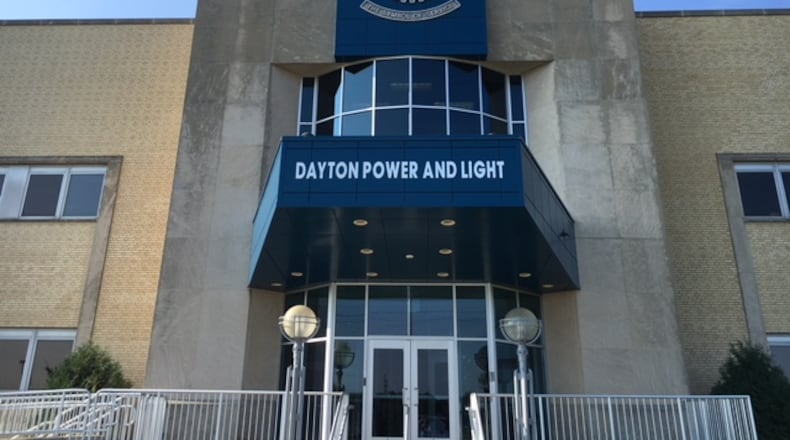RELATED: DP&L has given hints of financial stresses
In a Jan. 10 order, the PUCO said it wanted to examine whether power companies could “pass benefits resulting from the legislation (the tax package) on to rate payers.”
The companies jointly replied last week, asking that the PUCO clarify its intentions.
RELATED: DP&L owner to cut 160 jobs and appoint new CEO
“As a legal and practical matter, the commission (PUCO) should affirmatively declare that the accounting directive is without prejudice to the outcome of this proceeding as well as any other rider or rate-making proceeding,” the utilities said in their joint filing.
The filing went on to marshal a number of legal arguments against the investigation, drawing a response from the Office of the Ohio Consumers’ Counsel.
“DP&L and other electric utilities have filed at the PUCO to prevent or limit reducing their rates to share federal corporate tax cuts with Ohio consumers,” the office said in a statement Tuesday. “Once again, the utilities are attempting to use Ohio’s 2008 energy law to favor themselves over consumers in the rate-setting process.”
RELATED: Opponents say Senate bill would raise DP&L rates
The consumer counsel’s office thinks utility consumers should see reduced charges as a result of the federal corporate tax cuts.
One objection the utilities — DP&L, FirstEnergy, American Electric Power and Duke Energy — are raising in their PUCO filing is that lowering rates now would amount to “retroactive rate-making.”
Also citing a 2008 state law on “electric security plans,” they argue that the PUCO cannot reduce rates without the companies’ consent.
Though “electric security plans” were formed to protect utilities’ financial position in what was meant to be a more competitive environment, Bruce Weston, Ohio consumers’ counsel, has asked legislators to consider getting rid of them altogether.
In a statement, a spokeswoman for DP&L said the company has prices that are “currently the lowest in the state.”
“Ohio utilities cannot raise or lower rates without approval through a formal regulatory process,” DP&L’s statement said. “We are committed to working with Ohio regulators to seek out the most effective way for our customers to realize any savings resulting from the new tax law.”
A spokesman for Duke Energy, which serves customers in Warren County, said the PUCO’s Jan. 10 order demands clarity and a transparent process.
“From Duke Energy’s perspective, we remain committed to working with our Ohio regulators to determine the most practical way for our customers to realize the savings from the new tax law,” Duke spokesman Lee Freedman said in an email. “There are many ways to incorporate the savings, from decreasing rates to mitigating the impact of future increases.
“Like any changes to our rates, we must gain formal regulatory approval before implementing any customer savings from the new tax law,” he added.
“You would be solving a lot of problems and doing a lot of good for Ohioans by reforming the 2008 law to eliminate electric security plans,” Weston testified before the Ohio House Public Utilities Committee last month.
A message seeking comment was left with a spokesman for the PUCO.
About the Author

